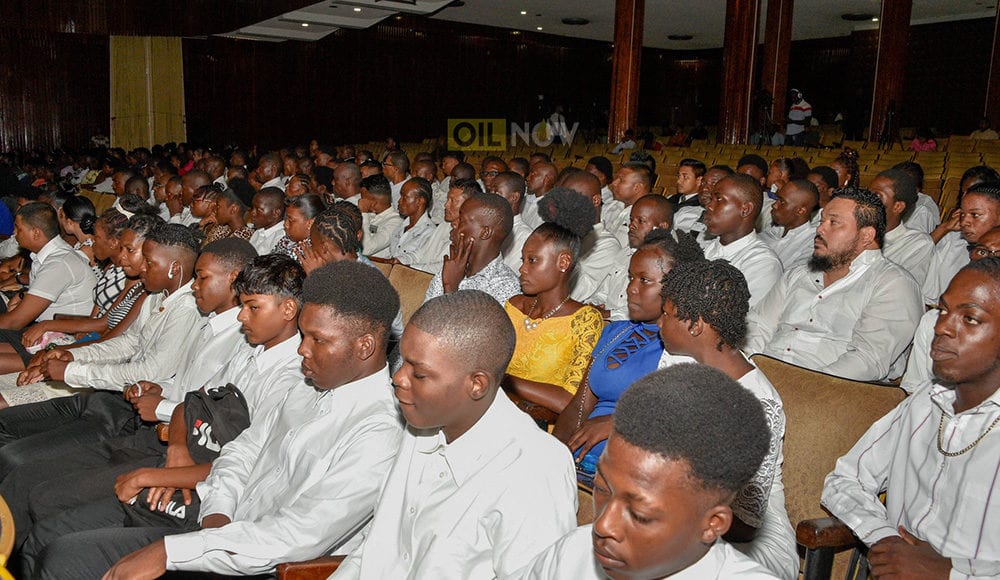The Board of Industrial Training (BIT), which administers and delivers technical and vocational educational training in Guyana, says it will continue to tailor its programmes to keep in line with the transformative changes that are taking place in the South American country, with the emergence of the oil and gas industry.
So says BIT Chairman, Clinton Williams, speaking at the Board’s annual graduation ceremony on Friday at the National Cultural Centre in Guyana’s capital, Georgetown.
“Already, over 75 percent of our graduates have gained employment in the oil and gas industry and from all reports their performances have been exemplary,” Williams stated.
He said the agency plans to expand its collaboration with a number of the oil companies operating in Guyana, in order to increase employment opportunities for its graduates.
Currently, the agency is partnering with the Basic Needs Trust Fund (BNTF) to train over 400 youths in areas such as photo voltaic systems, installation and maintenance, boat building and outboard engine repairs.
An aspect of this is being supported by ExxonMobil Guyana, operator at the Stabroek Block where it has found more than 6 billion barrels of oil equivalent.
“Our intention is to approach other oil companies such as Tullow and Repsol, in our quest to expand these initiatives,” Williams said.
Dubbing 2020 as the year of hope and promise, Guyana’s President, David Granger, speaking at the event, told the graduates that, “the country needs skilled professionals to take advantage of the oil and gas sector,” adding, “Oil is not a bonanza, which we must waste.”
He also called on the young graduates to begin to position themselves to take ownership of the opportunities.
“All the profits from the oil belongs to the people of Guyana and every effort will be made not to squander it,” the Guyanese Head of State said.
While the petroleum revenue will be used to transform all sectors, he said it is important that much of the investment is placed in human capital. “We need human beings like you (graduates) to man the factories and plants which will form part of our low carbon industrial complexes to explore and exploit more efficiently, our natural resources”, Mr. Granger explained.
He also spoke of the National Industrial Policy, which will soon be developed, to support new and existing industries, provide training in industrial skills and employment. This is intended to lend further support to the oil and gas industry.




